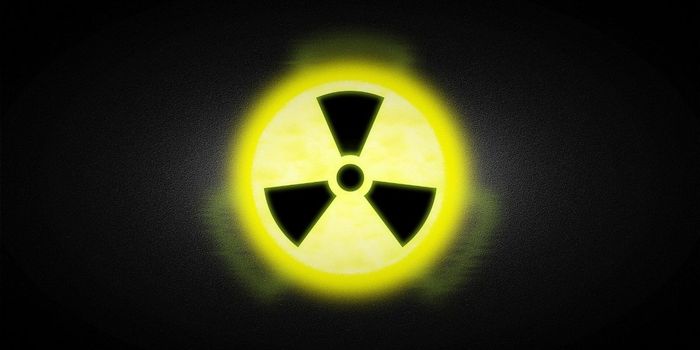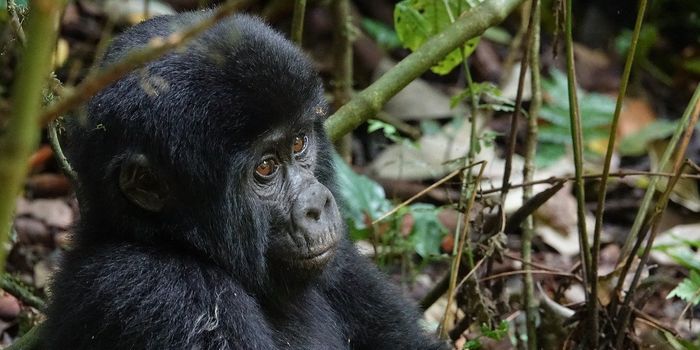Few animals are as notorious for their offensive smells as the skunk. Even though skunks are small in size, they more than make up for it with their noxious scent, which is strong enough to fend off much bigger predators like bears. But what makes skunk spray so foul?
The major chemical groups responsible for skunk's distinctive scent are known as thiols. These are organic compounds made by linking one sulfur atom to one hydrogen atom. And sulfur has classic gag-inducing powers (rotten eggs, anyone?). Thiols are also found in other smelly products, such as garlic and onions.
Skunk spray is highly concentrated in thiols, which can make victims feel burning or stinging in their eyes and nostrils. So concentrated is the spray that the scent can be detected at nearly half a mile away.
But because it takes skunks up to ten days to replenish their noxious ammo, these creatures normally don't waste their spray unless they feel really threatened. So, to avoid a smelly outcome, leave skunks alone and heed its warning signs!








